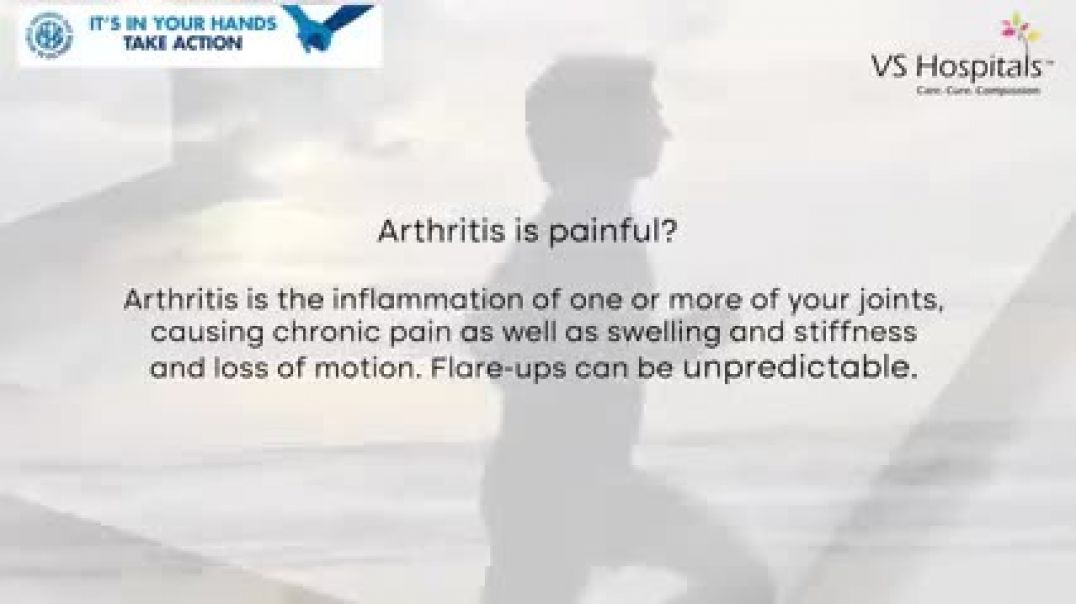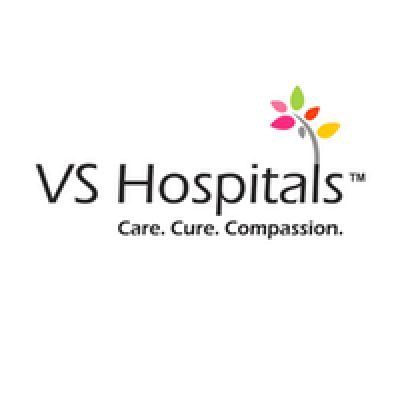Toppvideor


Uterine fibroids are benign (non-cancerous) tumors of the uterus composed of smooth muscle found normally in the uterus. They are also called myomas or leiomyomas. Fibroids are located in different parts of the uterus.
Fibroids are small, dense nodes consisting of muscle fibers and connective tissue. A woman may have one such node or multiple nodes. Overtime these fibroid nodes increase in size and lead to deformation of the uterine walls, which causes unpleasant symptoms.
UFE (Uterine Fibroid Embolization) – is a minimally invasive, nonsurgical procedure for the treatment of uterine fibroids, which reduces the risks of complications and relapse of the disease to almost zero, allowing a woman to return to her usual life back in a short time, preserving the patient’s fully functioning uterus, and the ability to become pregnant and bear a child.
Schedule a free virtual (phone) consultation: https://atlii.com/teleconsult/
Learn more about fibroids and UFE: https://atlii.com/alternative-to-hysterectomy/
#fibroidtreatment #drjohnlipman #atlantafibroidcenter #atlantainterventionalinstitute
#heavyperiod #menstruation #gynecology #gynecologist #adenomyosis #fibroidembolization #hysteroscopicmyomectomy #myomectomy #hugefibroid #myomectomyrecoverytips #medicine #symptoms #whatishysterectomy #fibroidsburst #fibroidburst #thedoctors #ufe


In this Mayo Clinic video, Martha Grogan, M.D., Mayo Clinic cardiologist, provides a description of wild-type or transthyretin (TTR)-cardiac amyloidosis, common symptoms and treatment options for those diagnosed with TTR cardiac amyloidosis.
Learn More:
►http://www.mayoclinic.org/depa....rtments-centers/card
Join our interactive SOCIAL MEDIA community:
► YouTube: http://YouTube.com/MayoClinic
► Facebook: http://Facebook.com/MayoClinic
► Twitter: http://Twitter.com/MayoClinic
► Google+: http://bit.ly/MayoClinicGoogle
► Pinterest: http://Pinterest.com/MayoClinic
► Flickr: http://Flickr.com/MayoClinic
► Mayo Clinic Connect: http://MayoClinic.org/connect
Follow our BLOGS:
► Patient Stories: http://Sharing.MayoClinic.org
► News Network: http://NewsNetwork.MayoClinic.org
► Research and Science: http://AdvancingTheScience.Mayo.edu
► Mayo Clinic Radio: http://Radio.MayoClinic.org
► Mayo Clinic Podcasts: http://Podcasts.MayoClinic.org
► Mayo Clinic's WEB SITE: http://MayoClinic.org


"ATTR Amyloidosis and the Heart"
Prof. Emer Joyce
Consultant Cardiologist
Mater University Hospital, Dublin
27th May 2022
ATTR AMYLOIDOSIS CONFERENCE IRELAND 2022
An Chúirt Hotel, Gweedore
Co. Donegal, Ireland
Email - info@amy.ie
Website - www.amy.ie


USMLE Step 1 Questions at http://www.latisom.com
Life and Times in Schools of Medicine Inc.
LATISOM offers a video streaming question bank for USMLE Step 1 and second year of medical school course work.
Hematology questions


Researchers used real-world data from the NHS England database to investigate trends in the diagnosis and treatment of urinary bladder, tract and urethral cancers. Watch to learn more! Read the full article on Wiley Online Library: https://doi.org/10.1111/bju.15970


Watch Dr. Gautam Banga talk about Urethral Stricture.
Urethral stricture is a condition in which scarring narrows the ducts that cause urine to be removed from the body. This stenosis should be taken seriously as it restricts urine flow and can later cause urinary tract problems such as inflammation and infections.
A stricture in urethra might be caused due to a medical procedure that involved inserting of an instrument or long-term use of catheter, any kind of injury to the urethra or pelvis and enlarged prostrate.
Urethroplasty or surgical reconstruction of urethra is an effective approach for urethral stricture. It is an open surgery and should only be performed by experienced surgeons.
At Sci Hospital, urethroplasty is performed every day. If you or someone you know has urethra stricture, seek help immediately. If you have any further queries, contact us without any hesitation.
Dr. Gautam Banga
MBBS, MS - General Surgery, MCh - Urology
Urologist, Andrologist, Urological Surgeon
15 years of experience
CONTACT US
📩 info@scihospital.com
📲 +91 9999446622
🌐 https://scihospital.com
🏥 SCI International Hospital (A unit of SCI HEALTHCARE Pvt. Ltd.) M-4, Greater Kailash, Part-1, Near M - Block Market, New Delhi - 110048, India.
📞 For Query/Appointment - Call/WhatsApp/Viber/Imo at +91 9999446622.
Our Social Media Network-
Facebook: https://www.facebook.com/scihospitalofficial
Instagram: https://www.instagram.com/scihospital/
LinkedIn: https://www.linkedin.com/compa....ny/sciinternationalh
Twitter: https://twitter.com/scihospital_
Subscribe Now & Stay Updated! 🔔 https://www.youtube.com/c/SCIHospital
----------------------------------------------------------------------------------------------------------------------------------------------------
#Stricture #StrictureUrethra #UretheralStricture


Jenny Mosier, a mother of three children from Indiana, thought she’d beaten breast cancer – until it reappeared and spread. As she lives with metastatic breast cancer, the hope of seeing her kids graduate from high school has kept her going, more than six years since her second diagnosis. #wearelilly


What is the best way to treat mast cell activation syndrome if you have this condition?
Your FREE Candida Report here: https://www.yeastinfection.org..../free-candida-report
Hi there. Thanks for coming back. It's Eric Bakker, the naturopath.
We're going to talk now about some treatment for mast cell activation syndrome. What are some of the best treatment solutions. We've just spoke about diet. And if you're unsure, check out the diet video I did and click on some of the links under there to look at some of the low-histamine diets that you may want to follow.
If you've got quite a powerful response and you really believe it's histamine, you may want to look further at salicylate sensitivity and oxalate sensitivity. You could have a little bit of both of those as well. Right?
So let's look at now some of the best things you can take if you've got this problem. Well, nothing beats doing the diet, so you really want to make sure you're following the correct diet first. So if you haven't seen the diet video, go back and look at that before you engage in the proper treatment now alright.
So, one of the first things I'd recommend would be vitamin C. So, you can take vitamin C in different forms. You can take it in an ester form. You can take it in a buffered form, you know, along with calcium and magnesium ascorbates, for example. You can take it in ascorbic acid form. There are many types. I prefer the buffered form. Ester C is quite okay as well. So, you want to take anywhere between 3,000 to 6,000 milligrams per day as a trial, to see.
Because this is a very good antihistamine in its own right.
Bioflavonoids are also very good, but you'll need to take larger amounts of these. Quite large amounts. 800 milligrams, 1,000 milligrams, 2,000 milligrams per day, for example, of bioflavonoids.
These are vitamin C-like compounds that have an effect on stabilizing the mast cell, to stop it degranulating too quick. So, if you're going to use a bioflavonoid, use quercetin. Quercetin. Q-U-E-R-C-E-T-I-N.
Quercetin is a very good flavonoid, and it's often found in plants along with vitamin C. So it helps to stabilize the activity of vitamin C. Basically, it just powers vitamin C up. But it's very good for allergies, quercetin. So I'd recommend you take some quercetin and ascorbic acid or vitamin C powder. You know just to see whatever you want. Take fair or reasonable amounts. You want to take minimum 1,000 milligrams of quercetin a day, and as I mentioned, several thousand milligrams of vitamin C per day.
Vitamin B6, or pyridoxal-5-phosphate. B6 is very, very good. B6 has many different actions on the body. Hormonal actions, musculoskeletal actions. An incredible amount. It's one of the most powerful B vitamins that you can use, in terms of the immune response.
It works especially well with zinc and magnesium. So if you take a multivitamin, for example, make sure there's B6 in it.
What else can we talk about? I think that's about it for this video. Yeah. And remember, the supplements are of no use unless you do a low-histamine diet. So make sure you follow the low-histamine diet, take some supplements, take them regularly.
Try that for a good several months to see how you feel. You should notice a reduction in symptoms, if this really is your thing, if this condition is your thing.
Thanks for tuning in.













